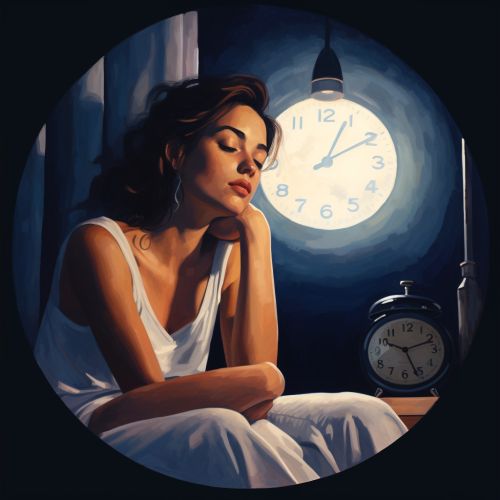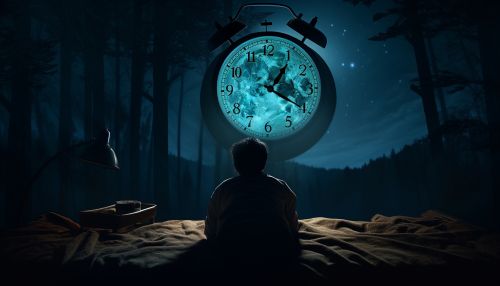Circadian Rhythm
roughly every 24 hours. It can refer to any biological process that displays an endogenous, entrainable oscillation of about 24 hours. These 24-hour rhythms are driven by a circadian clock, and they have been widely observed in plants, animals, fungi, and cyanobacteria.
Biology of Circadian Rhythms
The term "circadian" comes from the Latin "circa," meaning "around" (or "approximately"), and "diem" or "dies," meaning "day". The formal study of biological temporal rhythms, such as daily, tidal, weekly, seasonal, and annual rhythms, is called chronobiology. Circadian rhythms are the most prominent example of a rhythm that is driven by endogenous biological clocks.
Circadian rhythms are generated by an internal biological clock, or circadian oscillator, which is adjusted to the daily environmental cycles of day and night by external cues known as zeitgebers, the most important of which is daylight. The circadian rhythms of humans can be entrained to slightly shorter and longer periods than 24 hours.
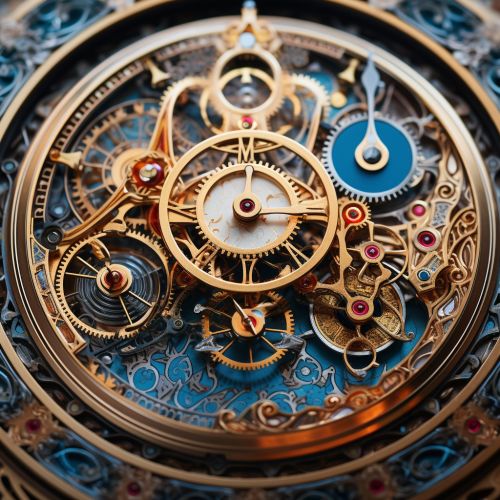
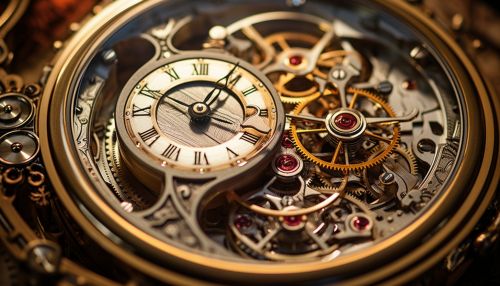
Circadian Clock
The circadian clock in mammals is located in the suprachiasmatic nuclei (SCN) of the hypothalamus. The clock cells contain genes such as Clock, Bmal1, Period, and Cryptochrome that are necessary for the production of functional circadian rhythms. The molecular mechanisms of these genes and their proteins interacting in feedback loops are the basis of the circadian machinery.
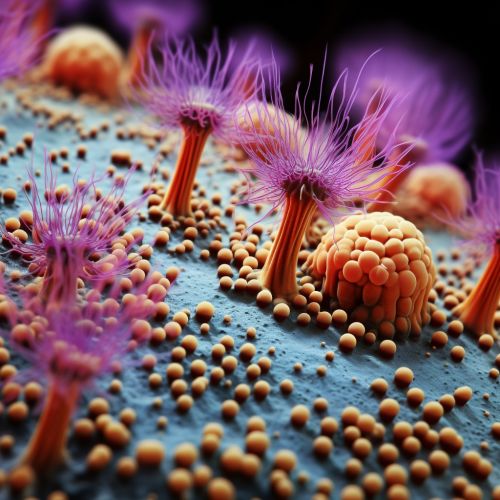
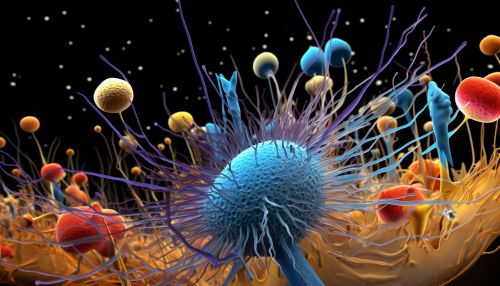
Circadian Rhythm and Sleep
The circadian rhythm influences sleep-wake cycles, feeding patterns, hormone production, cell regeneration, and other biological activities. Disruption to these rhythms (as in shift work or jet lag) can have deleterious effects on health. Many clock genes have been shown to influence sleep and sleep homeostasis.

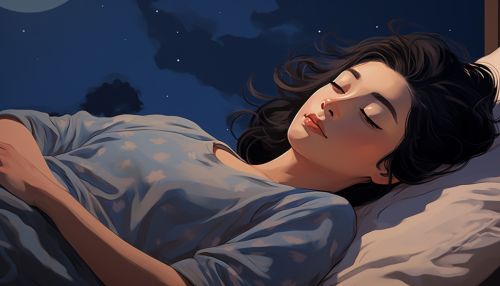
Circadian Rhythm Disorders
Circadian rhythm sleep disorders (CRSD) are a family of sleep disorders affecting (among other bodily processes) the timing of sleep. People with circadian rhythm sleep disorders are unable to sleep and wake at the times required for normal work, school, and social needs. These disorders can be caused by mutation or changes in certain genes, by blindness or by shift work and frequent jet lag.
